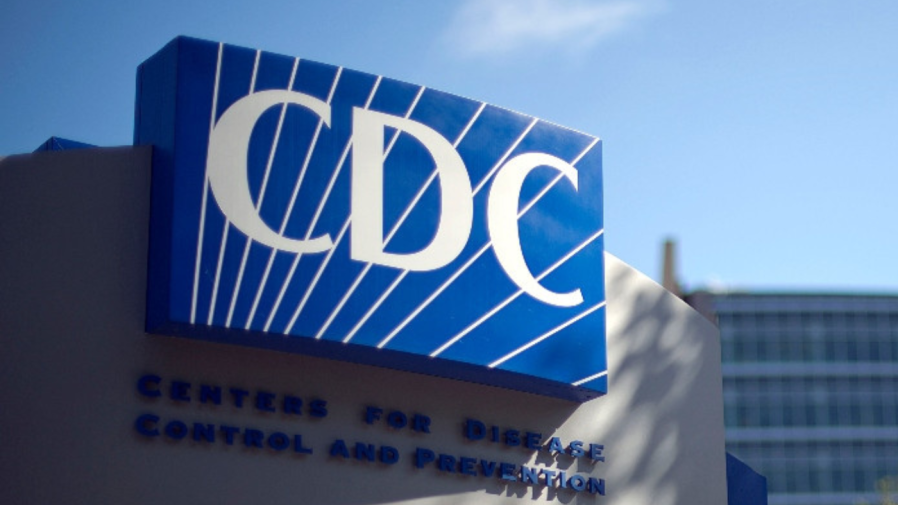Cases of little-known respiratory virus HMPV surged this spring

Cases of a little-known respiratory virus that causes common cold-like symptoms surged this spring in the U.S., according to recently released data.
Human metapneumovirus, or HMPV, has garnered increased attention after the Centers for Disease Control and Prevention (CDC) reported a higher-than-normal number of cases this past spring.
The CDC reported that at the peak of the virus in mid-March, nearly 11 percent of PCR tests showed a positive HMPV diagnosis while more than 19 percent of antigen tests were positive.
The percentage of positive PCR tests has since dropped to about 2 percent as of May 13.
Thank you for signing up!
Subscribe to more newsletters here
The latest in politics and policy. Direct to your inbox. Sign up for the Health Care newsletter
According to the CDC, the percent of tests that returned positive peaked between 6.2 percent and 7.7 percent before the COVID-19 pandemic, when figures for HMPV in particular dropped.
Although the CDC reported a spike in infections this year for HMPV, most people who may have had the virus likely were not tested for it because the symptoms are consistent with those of a common cold.
According to the CDC, symptoms of HMPV include cough, fever, nasal congestion and shortness of breath.
Human metapneumovirus was first discovered in 2001 as a paramyxovirus, which is a family of viruses that can cause common infections, including RSV, measles and mumps.
The virus typically has mild symptoms but could result in progressing to bronchitis or pneumonia for younger or older people or those with compromised immune systems.
There is no antiviral treatment for HMPV or a vaccine to prevent it, the CDC says, noting health care providers may not test for it because it was a “recently recognized” virus.
The virus is spread through coughing, sneezing or coming into contact with the virus through personal contact or touching an object that could be contaminated before touching eyes, mouth or nose, according to the CDC.
For the latest news, weather, sports, and streaming video, head to The Hill.

